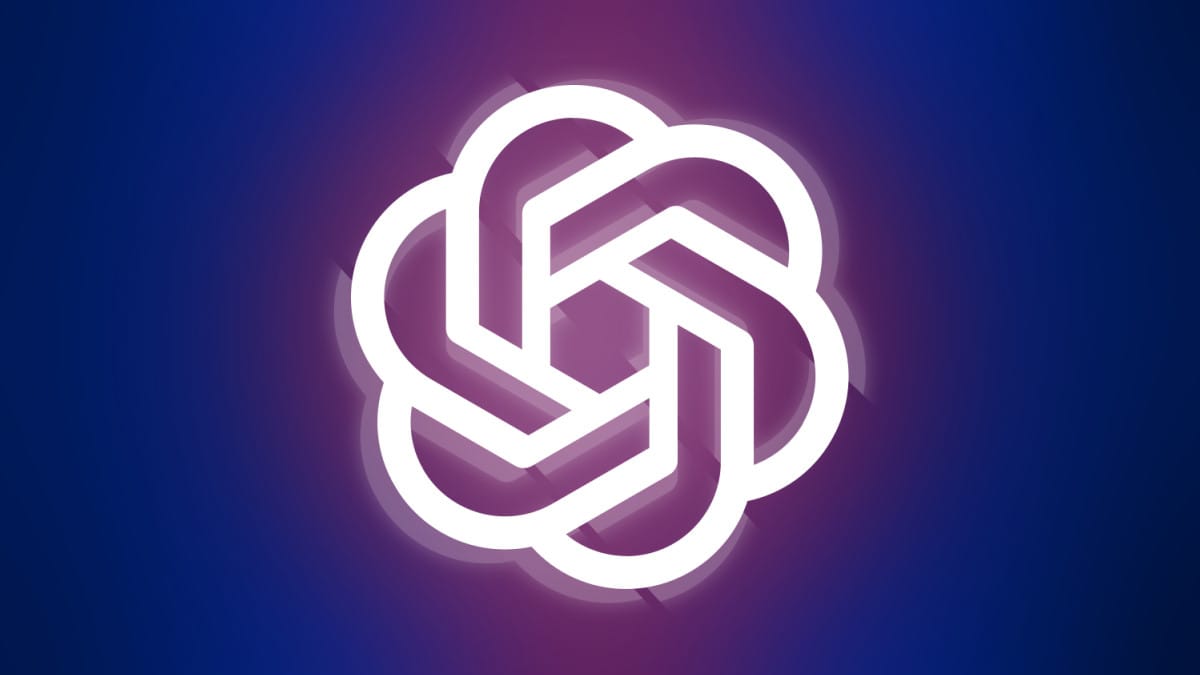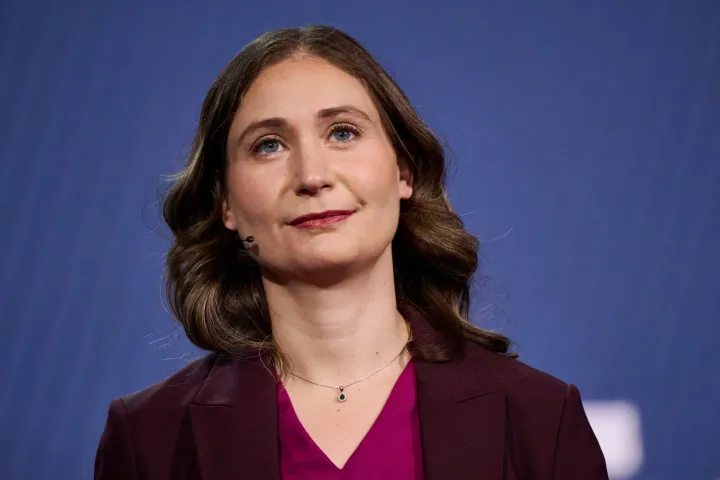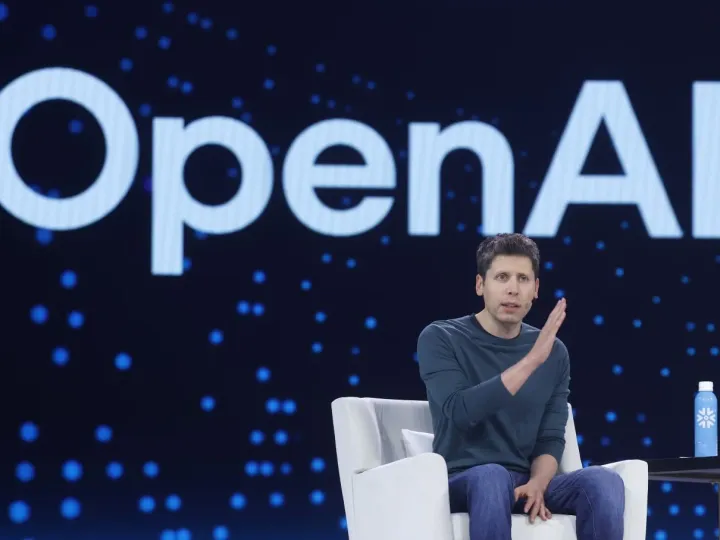No More Repeating Yourself! ChatGPT’s Memory Update Changes Everything

ChatGPT Now Remembers Your Past Conversations for Smarter, Personalized Answers
OpenAI has just rolled out a major upgrade to ChatGPT that could change how you interact with the AI forever. The chatbot can now reference your past chats to give more personalized, context-aware responses—a huge leap from simply answering your latest question.
This feature, called “reference saved memories,” is now live for ChatGPT Plus and Pro users, except in a few European regions due to regulatory restrictions.
Let’s dive into what this new feature does, how it works, who gets it, and what it means for the future of AI-powered conversations.
What Is “Reference Saved Memories” in ChatGPT?
Memory Gets a Major Upgrade
OpenAI already introduced the Memory feature in early 2024, allowing ChatGPT to recall basic facts about you across conversations—like your name, writing style, or favorite topics.
But now, the feature is getting a serious upgrade.
ChatGPT can actively reference previous chats to tailor its responses more closely to your preferences, past queries, and interests.
For example:
- If you told ChatGPT you’re a college student interested in neuroscience, it might tailor study tips accordingly.
- If you asked for help writing blogs in the past, it might remember your tone and structure preferences for next time.
- Planning a vacation? The chatbot could recall where you’ve already mentioned traveling and suggest personalized itineraries.
In other words, ChatGPT is becoming more like a real conversation partner—one that actually remembers what you’ve said.
Who Can Use This Feature?
Limited to Paid Users (For Now)
This memory upgrade is currently available only to ChatGPT Plus and Pro subscribers. That means:
- Free-tier users don’t have access—at least for now.
- The feature is rolling out globally, but with some major exceptions.
Users in the UK, EU, Iceland, Norway, Switzerland, and Liechtenstein won’t see the feature yet. OpenAI says it still needs to pass external reviews to comply with local privacy and data regulations in those regions.
So if you live in those areas, you’ll have to wait.
How to Access and Manage ChatGPT’s New Memory Feature
Where to Find It
The new “reference saved memories” option can be found in your ChatGPT settings under Memory.
If you’ve been using Memory before, the update will likely be enabled by default.
Full Control in Your Hands
Worried about privacy or your data being remembered? OpenAI’s got you covered with several options:
- You can opt out of the memory feature entirely.
- You can delete specific memories—just like clearing your browser history.
- You can ask ChatGPT: “What do you remember about me?” and it will tell you.
There’s also a Temporary Chat Mode, which works like an incognito window. Use it when you want a one-time conversation that won’t be remembered.
This gives users a level of transparency and control that many people have been asking for since AI memory features were introduced.
Why This Update Matters
More Efficient Conversations
One of the biggest user complaints with chatbots is having to re-explain things over and over again.
With this new upgrade, ChatGPT can:
- Remember your preferred writing tone
- Store your favorite topics
- Recall recurring tasks or goals
- Personalize answers for learning, writing, and advice
This means you’ll spend less time retyping context and more time getting smart, relevant answers faster.
A Glimpse at AI’s Future
This update shows OpenAI’s vision for ChatGPT as a long-term assistant—not just a chatbot, but a true productivity tool.
Over time, this memory could be used to:
- Help professionals with ongoing projects
- Track personal goals and learning
- Offer coaching and advice based on your history
It’s all part of making AI feel more human, intuitive, and helpful.
Privacy Concerns? OpenAI Responds
While many users will love this more personal AI interaction, not everyone is thrilled at the idea of being remembered by a chatbot.
OpenAI acknowledges this and emphasizes:
- Transparency: You’ll always be able to see what the AI remembers.
- Control: You can delete memories at any time.
- Choice: You’re not forced to use memory if you don’t want it.
They’ve even added a Memory FAQ section to help users understand how their data is handled.
OpenAI has learned from past backlash and is trying to get ahead of potential concerns by making privacy settings clear and easy to manage.
Will Free Users Ever Get Access?
As of now, there’s no confirmed date for when the new “reference saved memories” feature will be available to free users.
That said, many features that started out as Plus-only eventually made their way to free tiers. So it’s possible that this could follow the same path—especially if OpenAI sees positive feedback from paid users.
For now, though, you’ll need a Plus ($20/month) or Pro subscription to experience it.
ChatGPT Is Becoming Your Digital Assistant
This isn’t just another update—it’s a step toward a smarter, more personal AI that knows your style, your goals, and your needs.
With “reference saved memories,” ChatGPT becomes:
- Faster
- More efficient
- More personal
- And a lot closer to feeling like a helpful friend or assistant
Of course, privacy concerns still exist, but OpenAI is giving users the tools to control what gets remembered. And as the AI landscape evolves, memory will likely become a standard feature across tools.
If you’re a ChatGPT Plus or Pro user, it’s time to try it out—and see just how helpful your AI can be when it remembers who you are.



